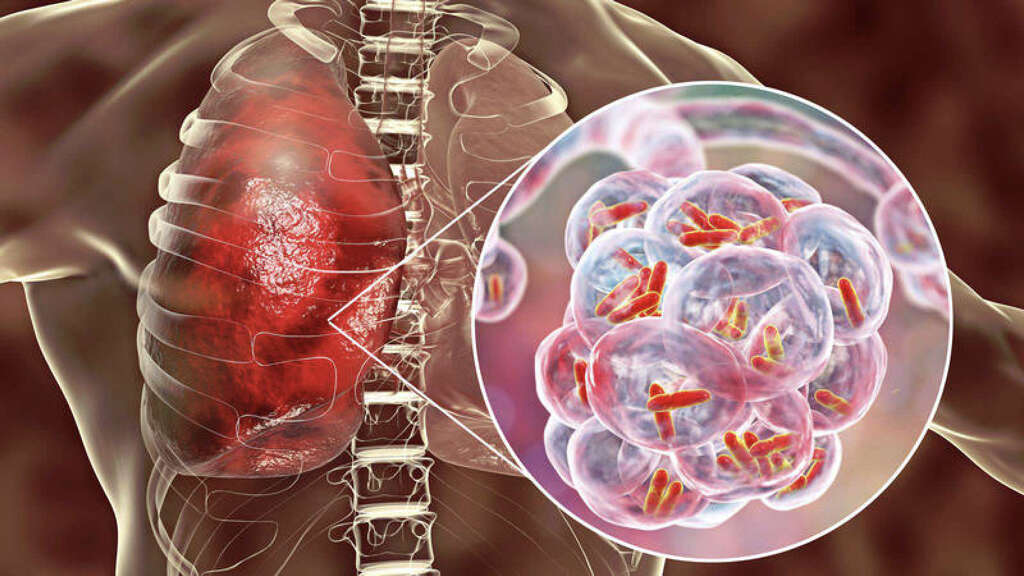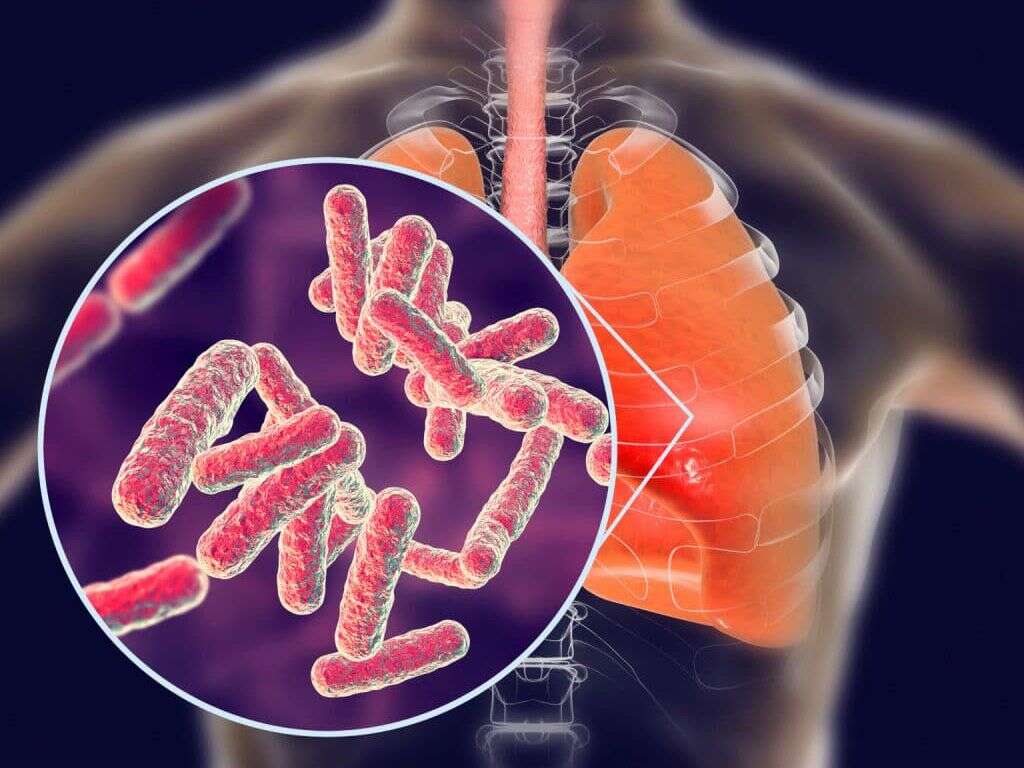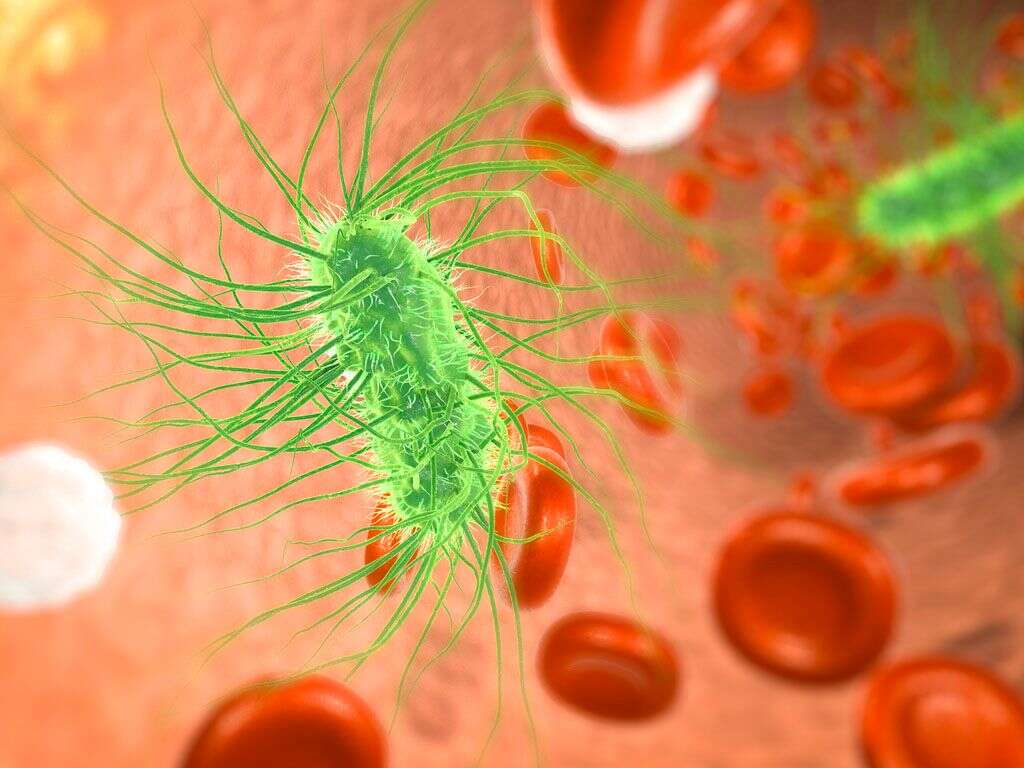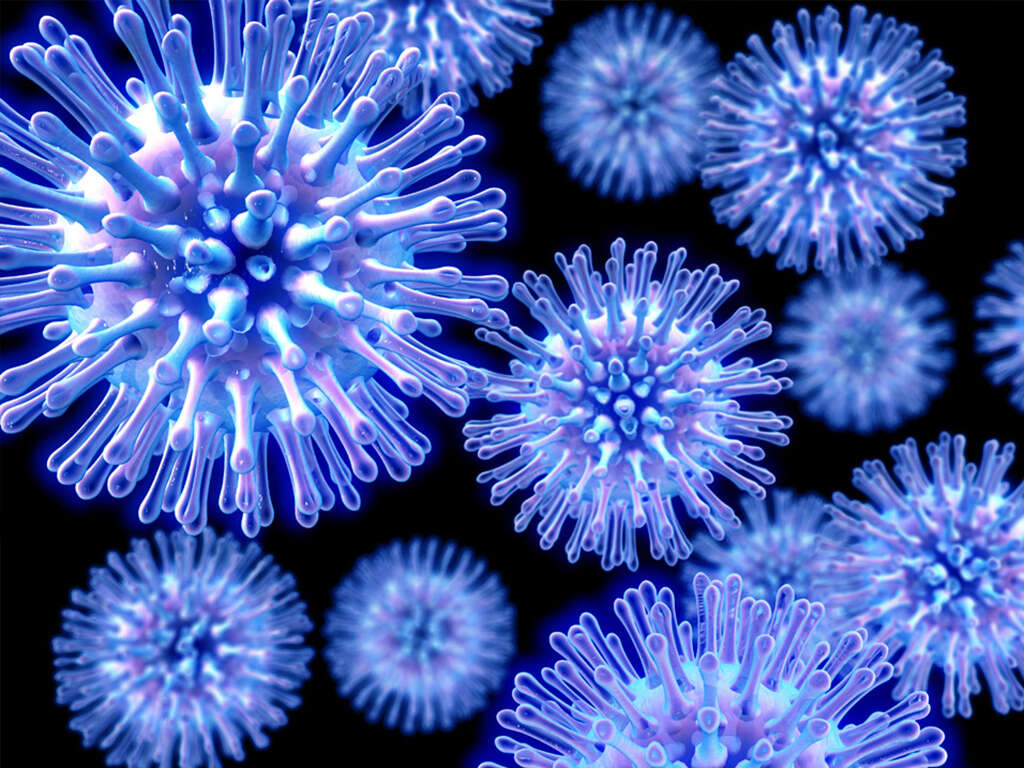What Is a Pathogen?
3. Types of Pathogens - Bacteria
Most bacteria are generally harmless or even beneficial to humans. However, there are some bacteria that can cause diseases by producing toxins that damage the cells, directly affecting host cells, or causing a strong immune reaction to damage the host cells. Tuberculosis is one of the bacterial diseases with the highest disease burden. It is caused by Mycobacterium tuberculosis and kills 2 million individuals annually.
Other pathogenic bacteria also causes diseases such as pneumonia (Pseudomonas and Streptococcus), tetanus (Clostridium tetani), typhoid fever (Salmonella), syphilis (Treponema pallidum), leprosy (Mycobacterium leprae or Mycobacterium lepromatosis), and diphtheria (Corynebacterium diphtheriae).
Advertisement




-06.jpg)







